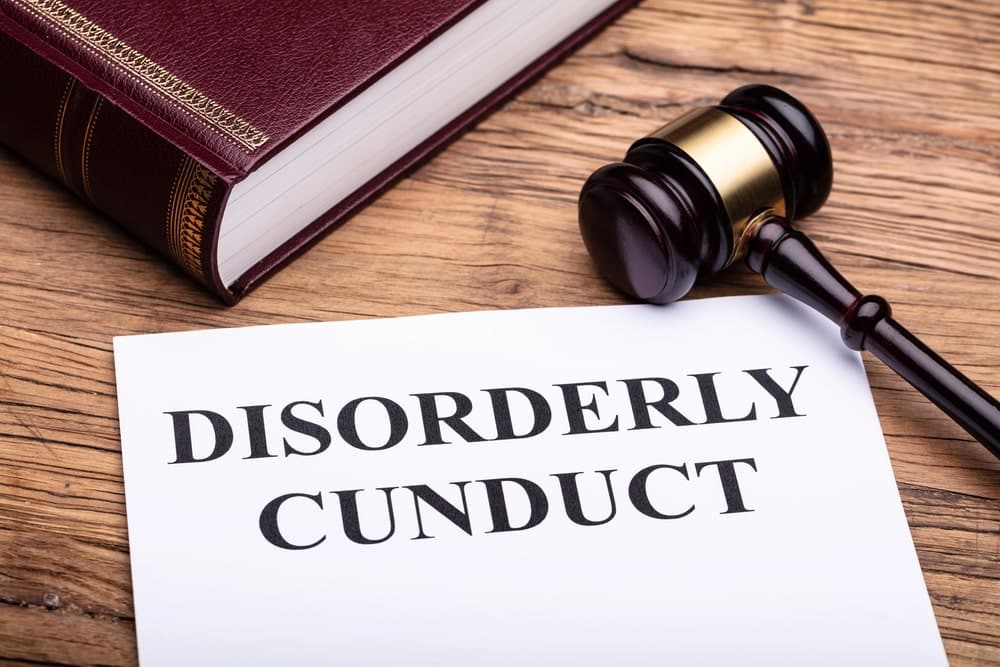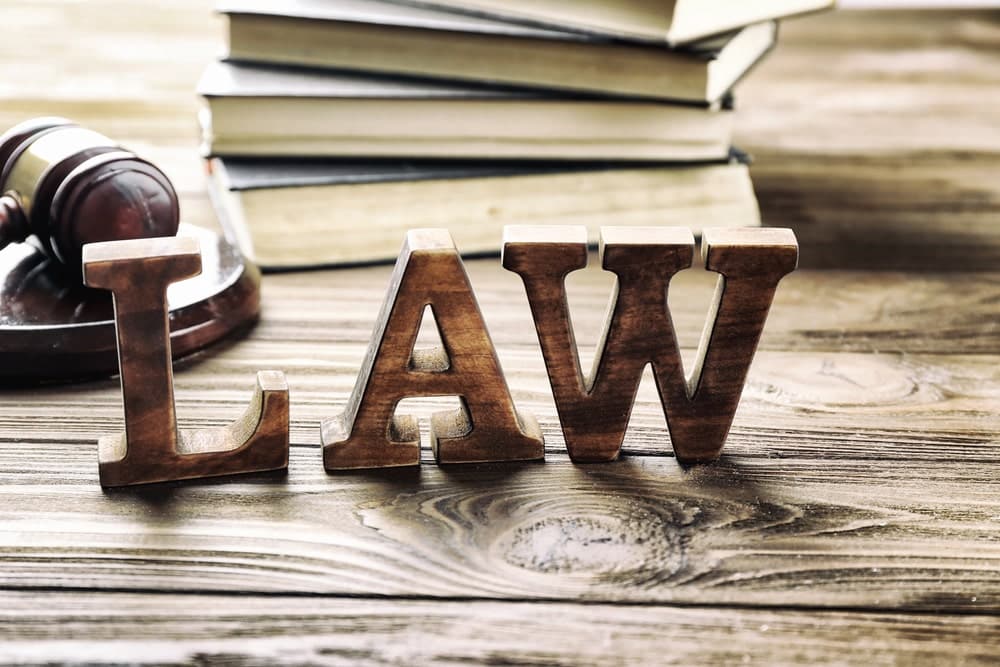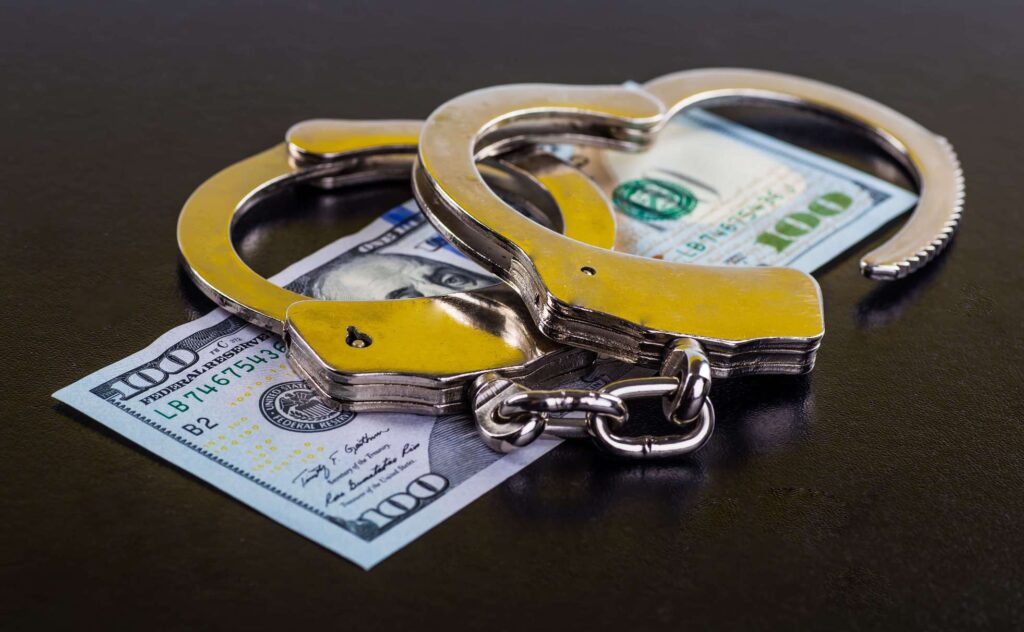In Maine, like most roads and streets in the United States, have posted speed limit markers. If a driver fails to obey the speed limit laws, they may be subject to a traffic infraction.
In some circumstances, however, a driver can go over the speed limit restrictions so badly, that they will face criminal charges. This is referred to as “Criminal Speeding”.
Criminal speeding laws in Maine
There are strict laws that drivers must obey when it comes to speed limits. Under Maine Criminal Code Title 29-A section 2074:
“An operator shall operate a vehicle at a careful and prudent speed not greater than is reasonable and proper having due regard to the traffic, surface and width of the way and of other conditions then existing.”
Most roads and streets have posted speed limit markers. If a driver fails to obey the speed limit laws, they may be subject to a traffic infraction. In some circumstances, however, a driver can go over the speed limit restrictions so badly, that they will face criminal charges.
This is referred to as Criminal Speeding.
Contact our Maine Criminal Speeding Lawyers
In order for a criminal speeding charge to be placed, police must document three facts:
- The stated speed limit of the road
- The actual speed that the driver was operating at
- That the actual speed was 30 mph or more over the legal speed limit
If you’ve been charged with criminal speeding in Maine, the consequences can be severe, including hefty fines, license suspension, and possible jail time. At The Maine Criminal Defense Group, our experienced defense attorneys understand how to challenge these charges and work to protect your rights.
Don’t face this alone. Call us today at (207) 571-8146 or reach out online for a confidential consultation and start building your defense.
Call 207-571-8146 or contact us online to schedule a consult with one of our highly skilled criminal defense & OUI lawyers, serving Southern Maine, today.
Blog Articles

If you receive a traffic ticket in Maine, you may be facing far more than demerit points or an administrative penalty. You could be facing criminal sanctions and a permanent[...]

In Maine, disorderly conduct laws effectively make disturbing the peace a criminal offense. While disorderly conduct is considered one of the least serious offenses under Maine’s Criminal Statutes, it can[...]

Any criminal charge for a drug-related offense is a serious matter in Maine,but how consequential the outcomes can get may depend on whether the charge is filed at the state[...]


Self-defense laws in the U.S. are complex, vary from state to state, and are often misunderstood. “Stand your ground” laws allow an individual to use deadly force in self-defense in[...]

Every day in Maine, people are charged with crimes that they did and did not do. Fortunately, in the U.S., we have a justice system that says you’re innocent until[...]

Expungement is the practice of legally erasing or striking out documents or information relevant to criminal charges. It’s not possible to expunge a criminal record in Maine. However, other avenues[...]

If you have been arrested or are under investigation for a crime in Maine, it is crucial to retain the services of a competent and experienced criminal lawyer. A criminal[...]

Bail Code in Maine Title 15, Chapter 105 of the Maine Revised Statutes governs all issues pertaining to bail in Maine. When a defendant has been arrested and charged with[...]

In the span of less than 5 decades, computers have utterly transformed our society. Those of the baby boomer generation will be able to appreciate the scale of this transformation[...]


